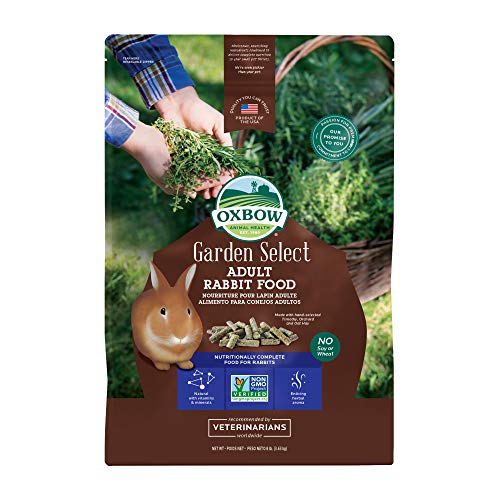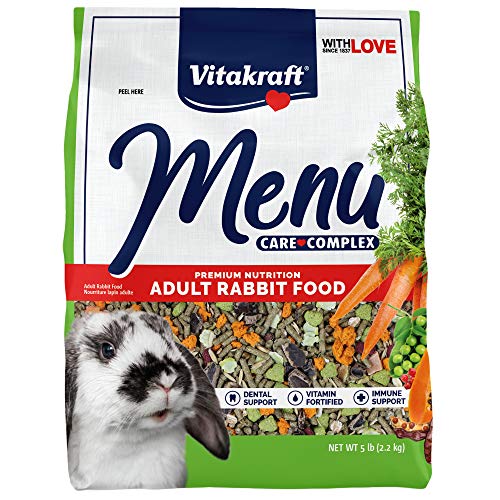When I phoned around researching vets to do Pipp's molar spurs surgery, I made some notes..
I went for the Domitor, btw, with the Atipemazole reversal. But this is dental surgery -- you don't want the gas aparatus around the face, a spay might be different. A sedative might not be enough. (Love to know more about that!)
Here are the notes, but they're REALLY rough, no time to fiddle with them.
Vet #1 - Domitor is Medetomidine, it appears to be a newer drug. They said they use a reversal, but didn't name it, but it seems that Atipemazole is always used.
Here's what a couple of sites said:
http://www.medirabbit.com/Safe_medication/Anesthesia/Safe_Anesthesia.htm
Medetomidine (Domitor) - 0.250 mg/kg -- SC -- Should be avoided in rabbits with health issues, due to respiratory and cardiovascular depression properties of this compound.
Reversal: Atipemazole - 0.05 mg/kg -- IV -- Venipuncture is difficult due to vasoconstriction of the veins. (NOTE: I'm only assuming this is the reversal drug, it could be something else).
http://vet_kim.hihome.com/drugs.htm#Medetomidine
Medetomidine (Domitor): rab-0.2 mg/kg IM
Alpha 2 adrenergic agonist that provides moderate analgesia and sedation. Useful in combination with dissociative or other anesthetics. Purported to have less cardiopulmonary depression than xylazine.
Vet #2 - Ketamine/Xylazine
http://www.medirabbit.com/Safe_medication/Anesthesia/Safe_Anesthesia.htm
Ketamine/Xylazine -- 35 mg/kg 5 mg/kg -- SC, IM, IV - Short surgical anesthesia (20 - 30 min.) High dosage may induce bradycardia and muscular stiffness. Important salivary and bronchial secretions - Sleep time: 60 â 120 min.
http://vet_kim.hihome.com/drugs.htm
Ketamine: NHP, Rab, rod-40-90 mg/kg IV, IM
Cyclohexamine dissociative anesthetic. Respiratory depression can become significant at higher doses. Frequently used in combination with other drugs such as acepromazine, xylazine, diazepam.
Xylazine: rab, guinea pigs-3-5 mg/kg IM
Alpha 2 adrenergic agonist causing sedation, analgesia and significant hypotension. May cause 2nd degree heart block and bradycardia in dogs and other species. Frequently causes emesis in dogs. It can be administered to frogs for very effective analgesia of up to 24 hours duration.









































































